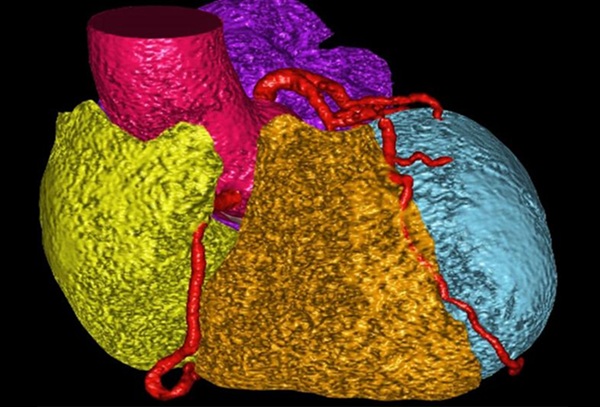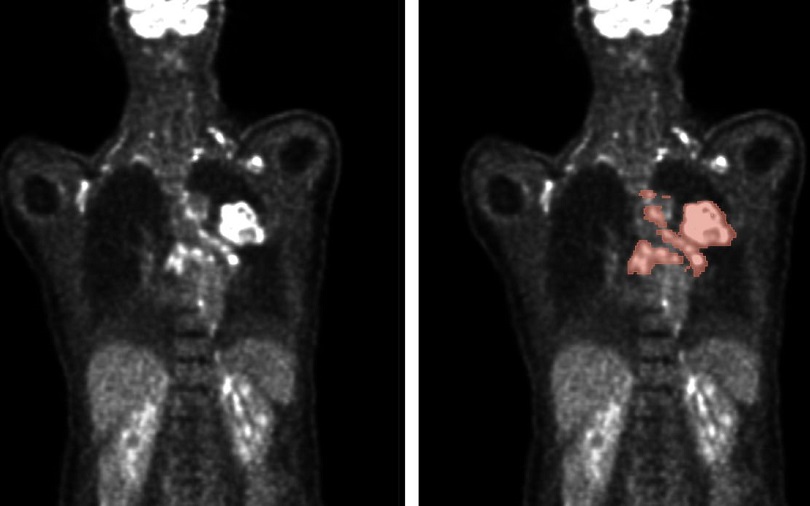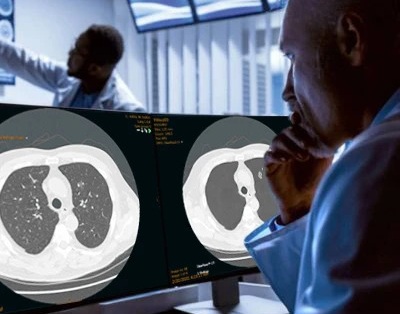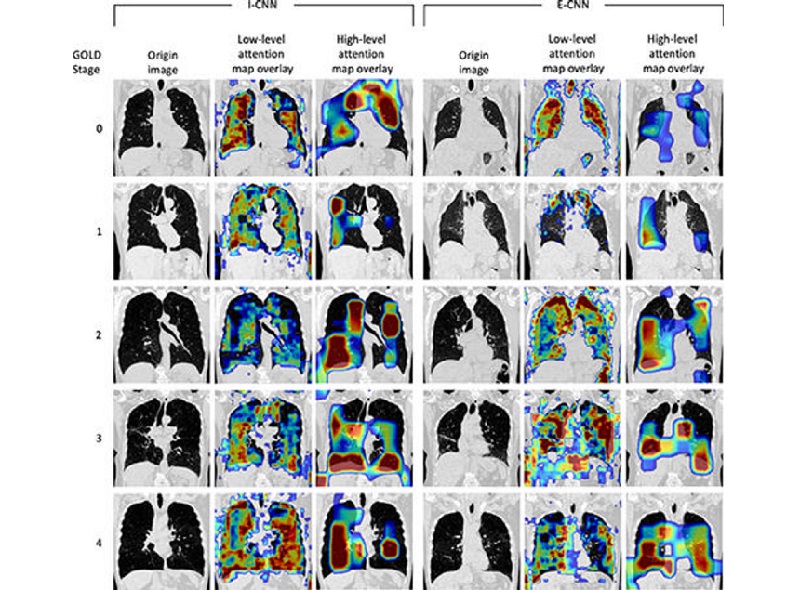AI Predicts Cardiovascular Risk from CT Scans
Posted on 20 Jan 2025
Cardiovascular disease remains the leading cause of death globally, claiming more than 17 million lives annually. Identifying individuals at high risk is an ongoing challenge that requires more accurate methods. Researchers are now turning to artificial intelligence (AI) to improve the prediction of heart failure and other cardiovascular events, including estimating the timing of these events, by developing an AI model that learns from patient scans.
This collaborative effort involving researchers from Case Western Reserve University (Cleveland, OH, USA) aims to bridge this gap by developing advanced AI tools to analyze calcium-scoring computed tomography (CT) scans, a commonly used diagnostic tool. A calcium-scoring CT is a non-invasive, low-cost heart scan that measures the amount of calcified plaque in the coronary arteries. This plaque, which can narrow or block the arteries, is an indicator of the risk of a heart attack. In addition to evaluating coronary plaque, these scans provide valuable information about the aorta, heart shape, lungs, muscles, and liver.

The project creates AI-driven predictive models that analyze data from calcium-scoring CT scans alongside clinical risk factors and demographics. The AI model will learn to extract new insights from CT images and use these findings to estimate cardiovascular event risk in large patient populations. These insights include measurements of coronary calcium, heart shape, body composition, bone density, and visceral fat, as well as age and other risk factors. AI can process these correlations faster and more thoroughly than traditional methods. The research team aims to gain a deeper understanding of how heart health and body composition interact, enabling clinicians to more accurately identify at-risk patients. By utilizing existing screening CT data from two major health systems, the research demonstrates AI's potential to solve longstanding clinical challenges in a cost-effective and scalable manner.
“This project represents a significant leap forward in personalized healthcare,” said project leader Shuo Li, a Case Western Reserve professor of biomedical engineering and computer and data sciences. “It has the potential to set new standards for cardiovascular disease prevention and management, as well as advance the forefront of using AI to analyze images for transformational healthcare.














